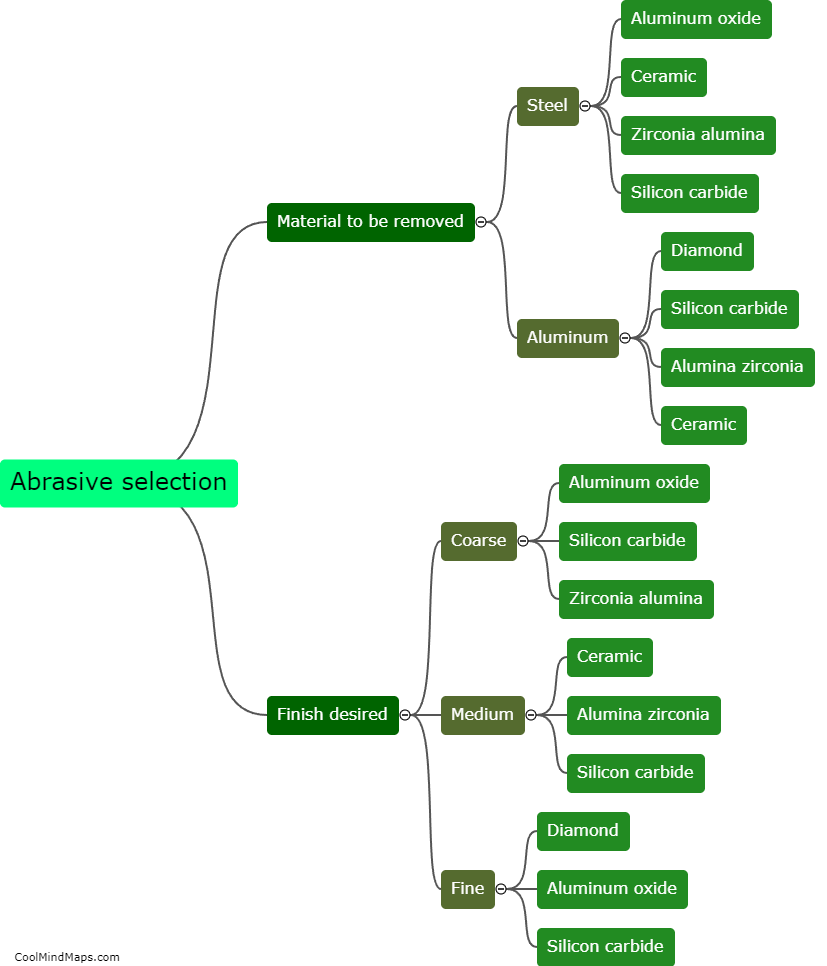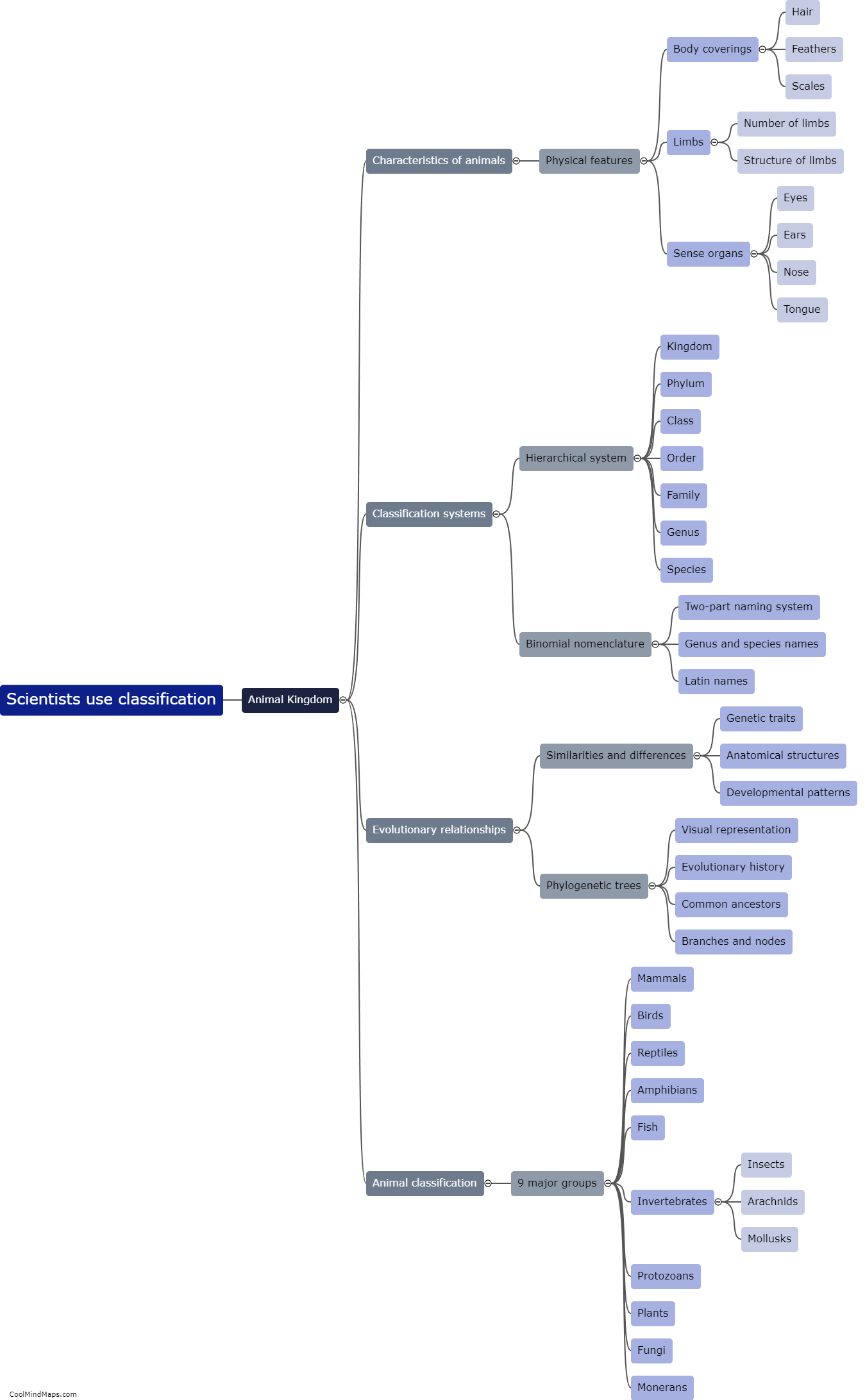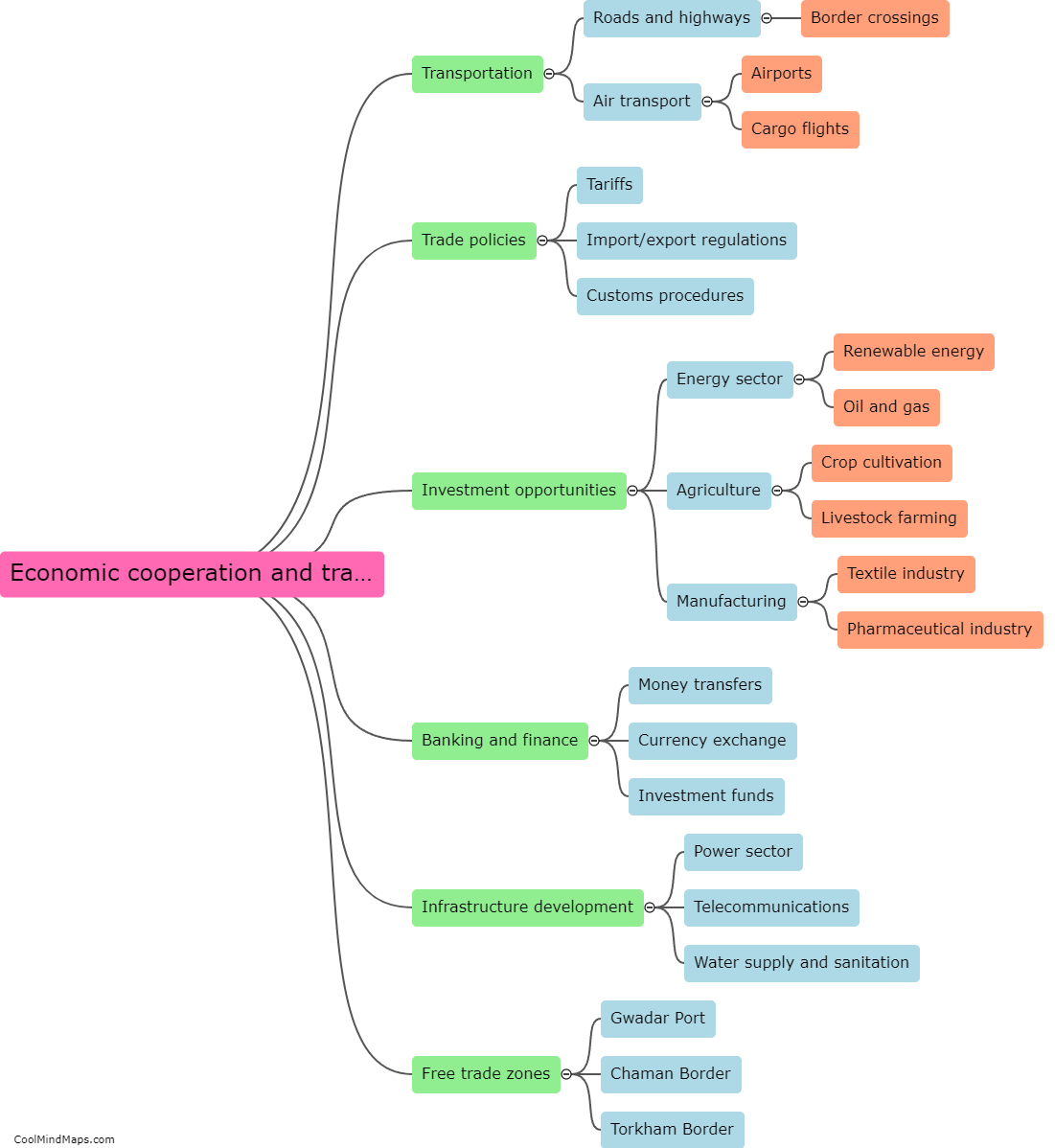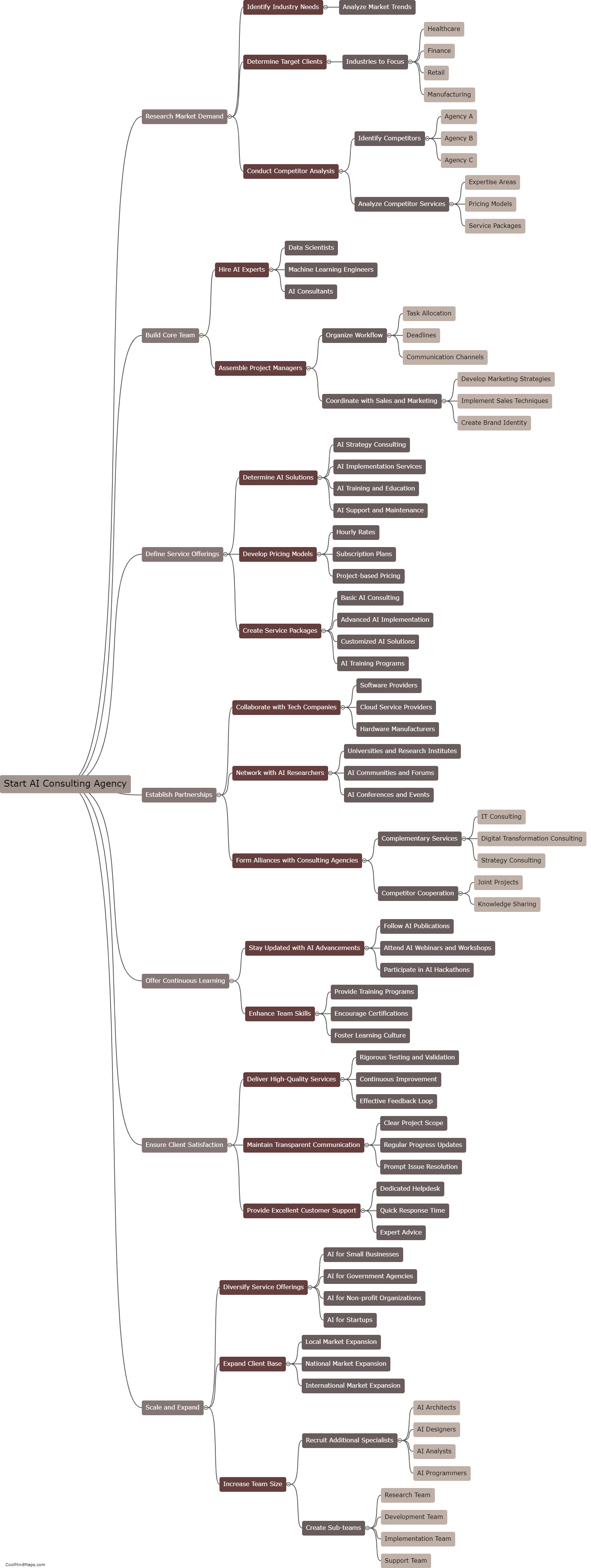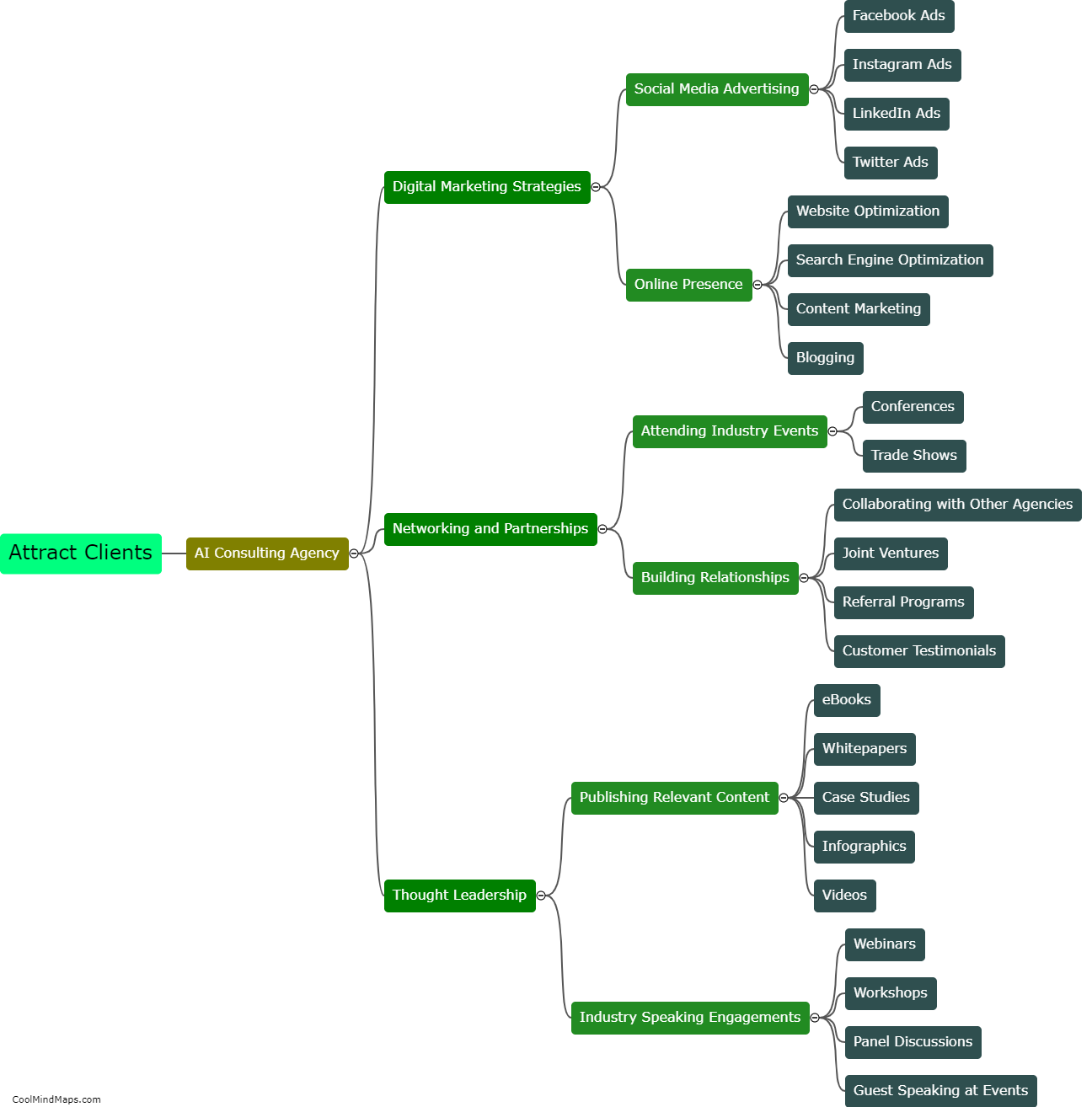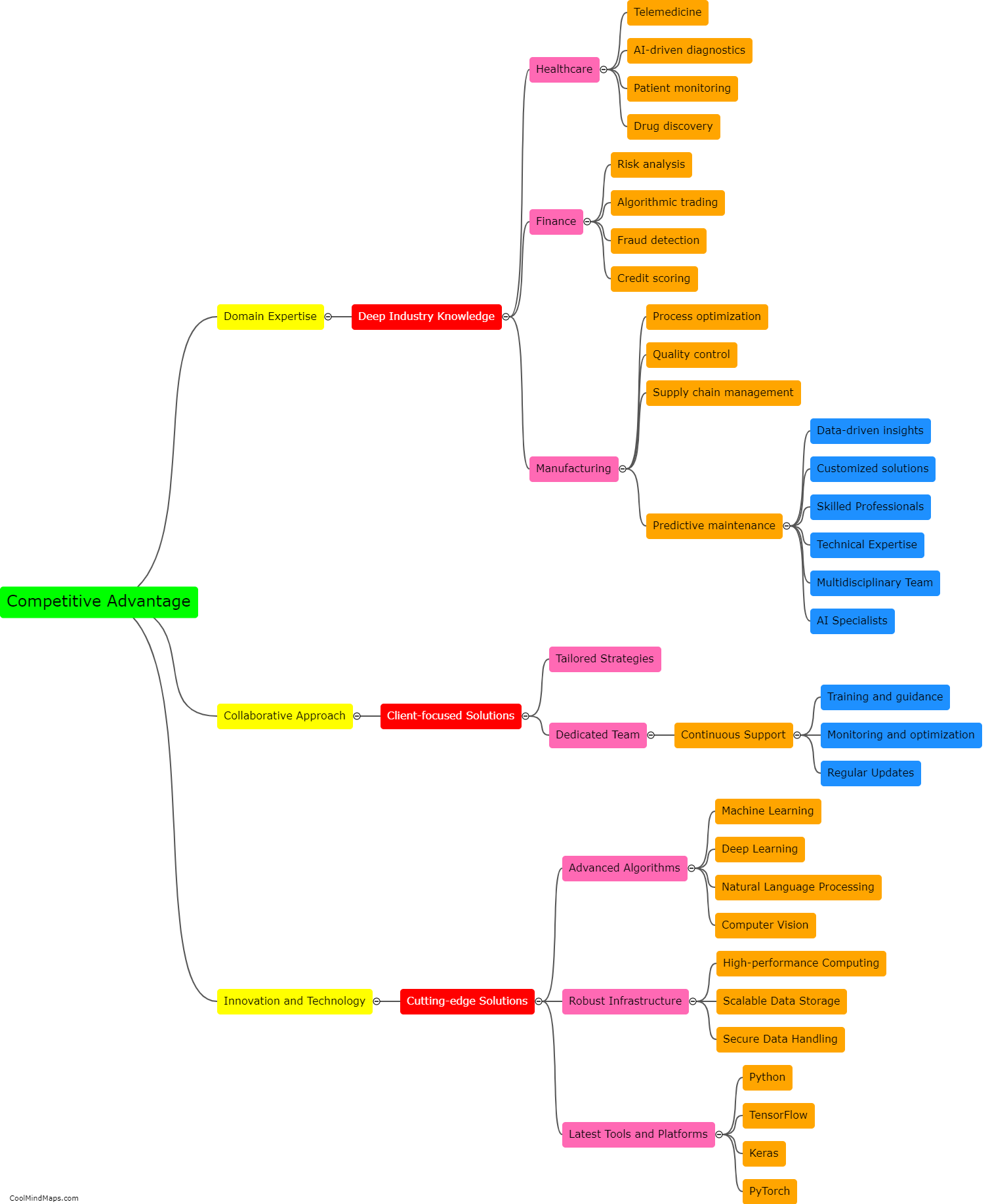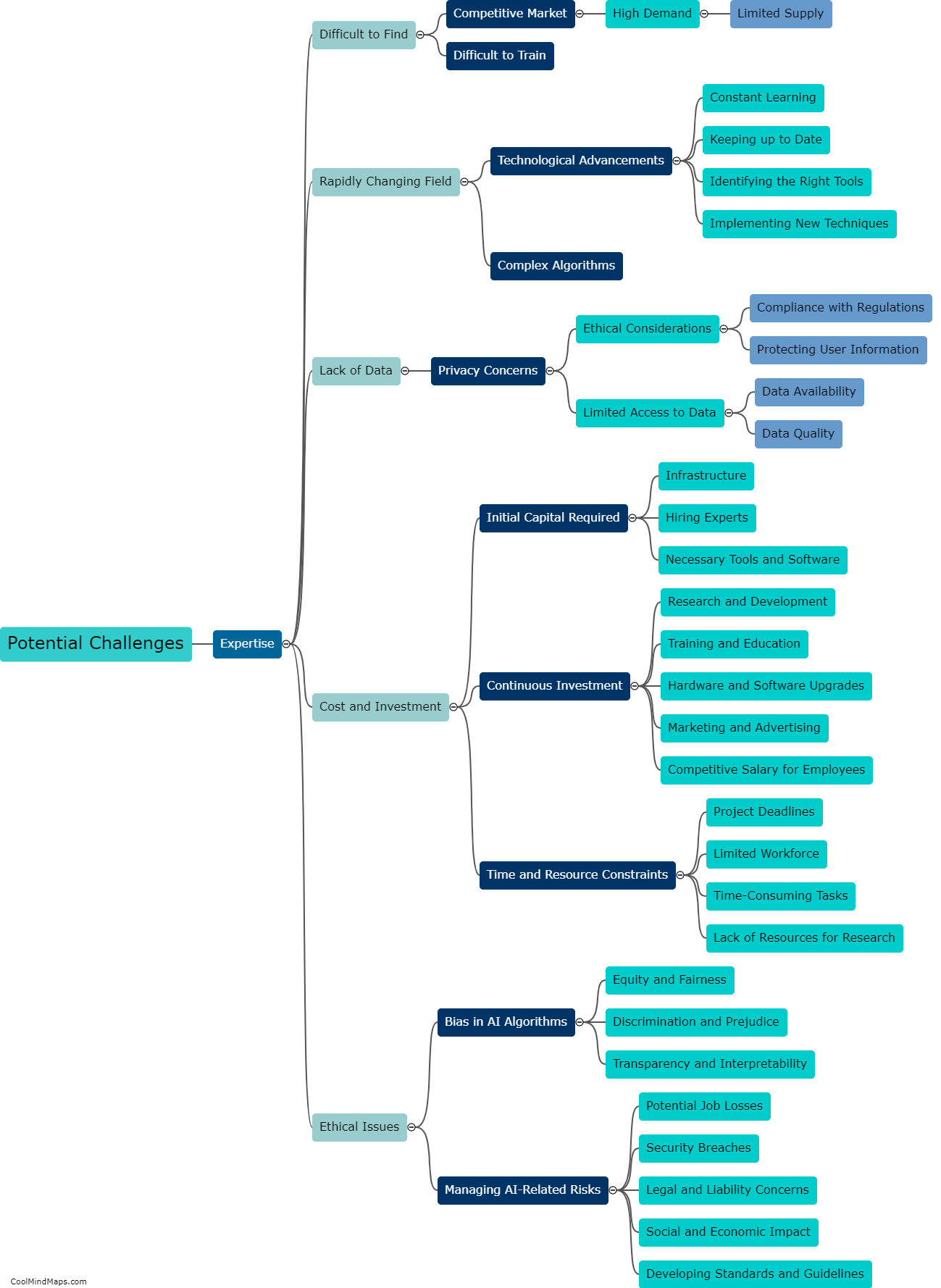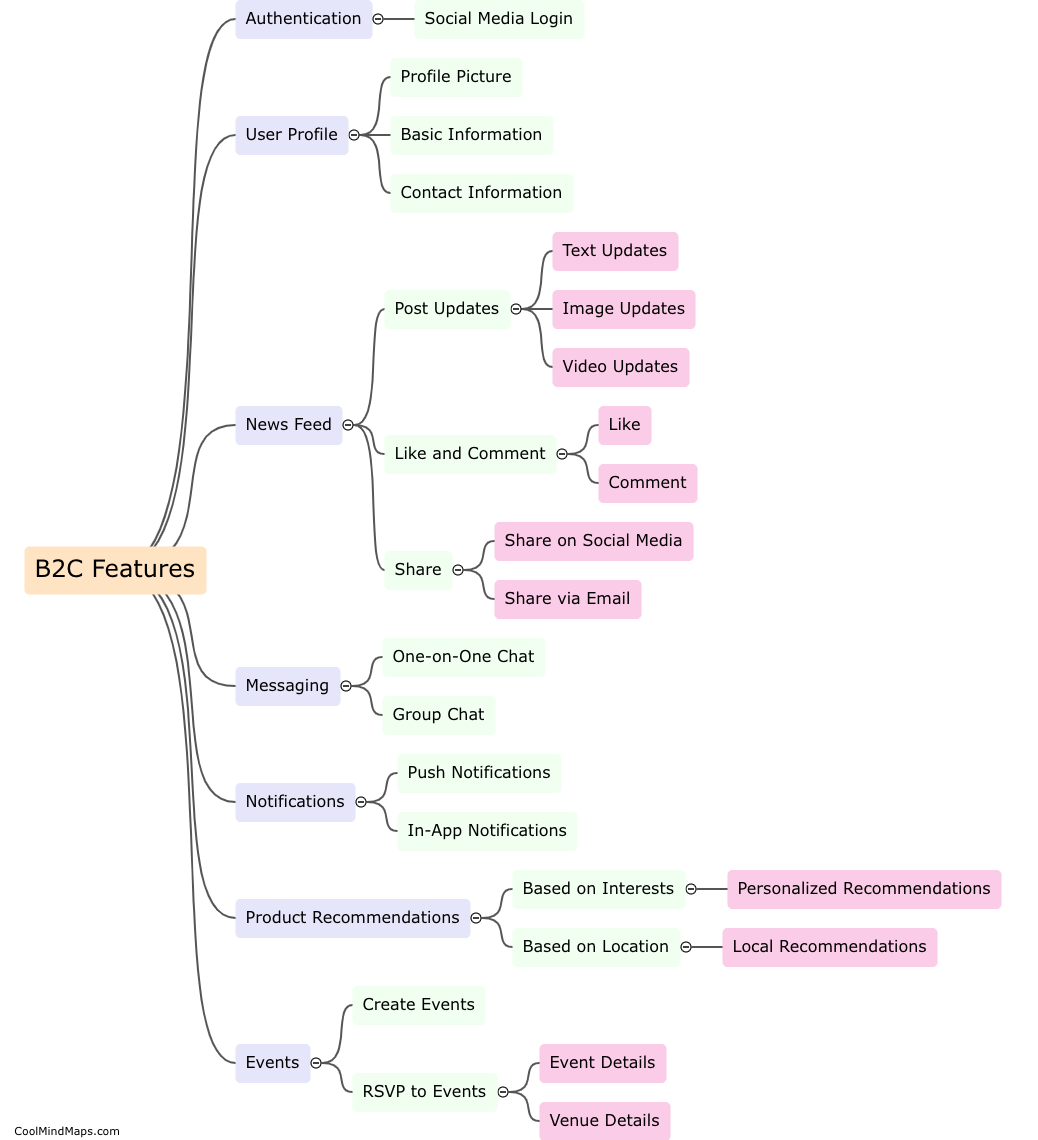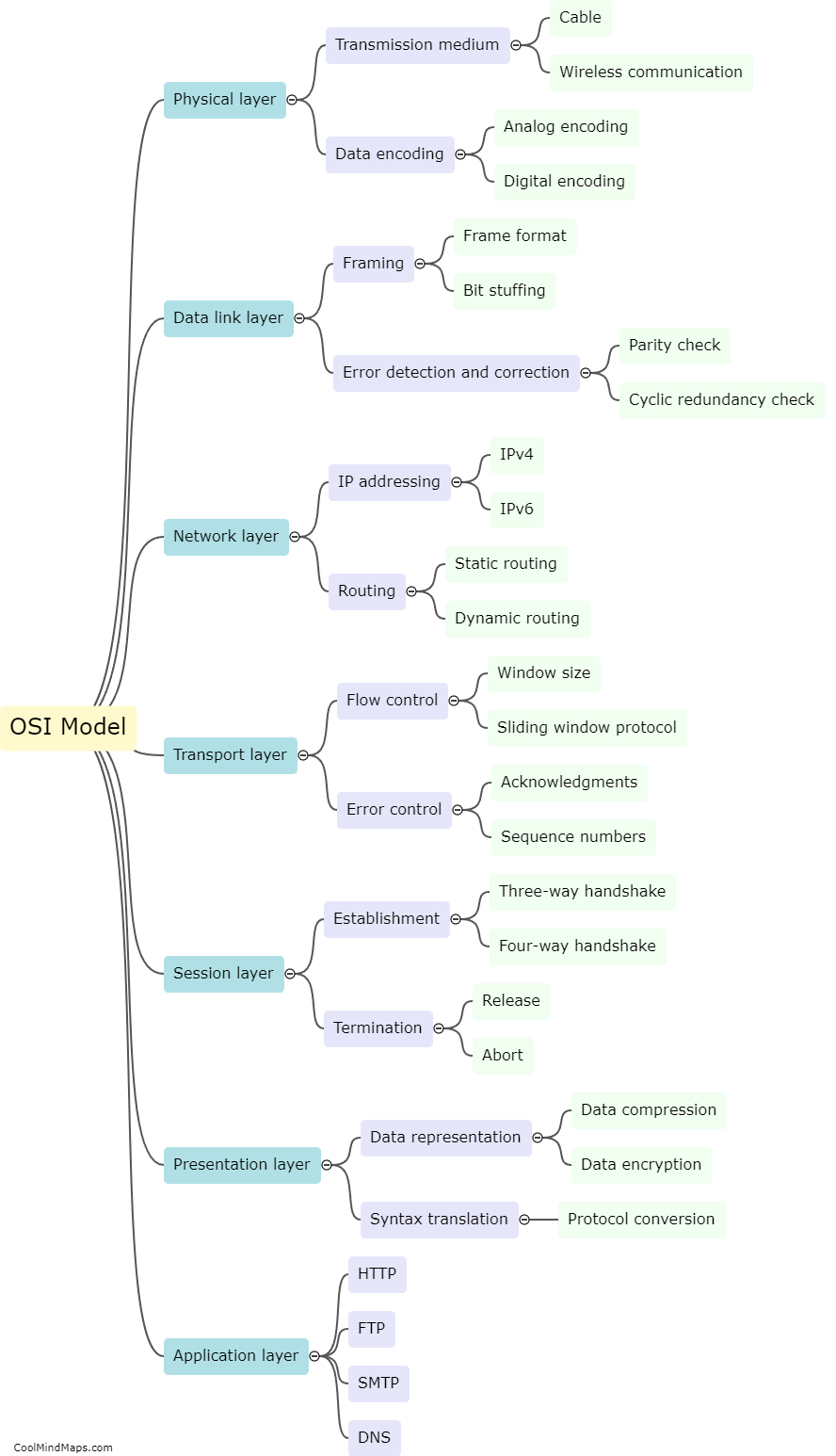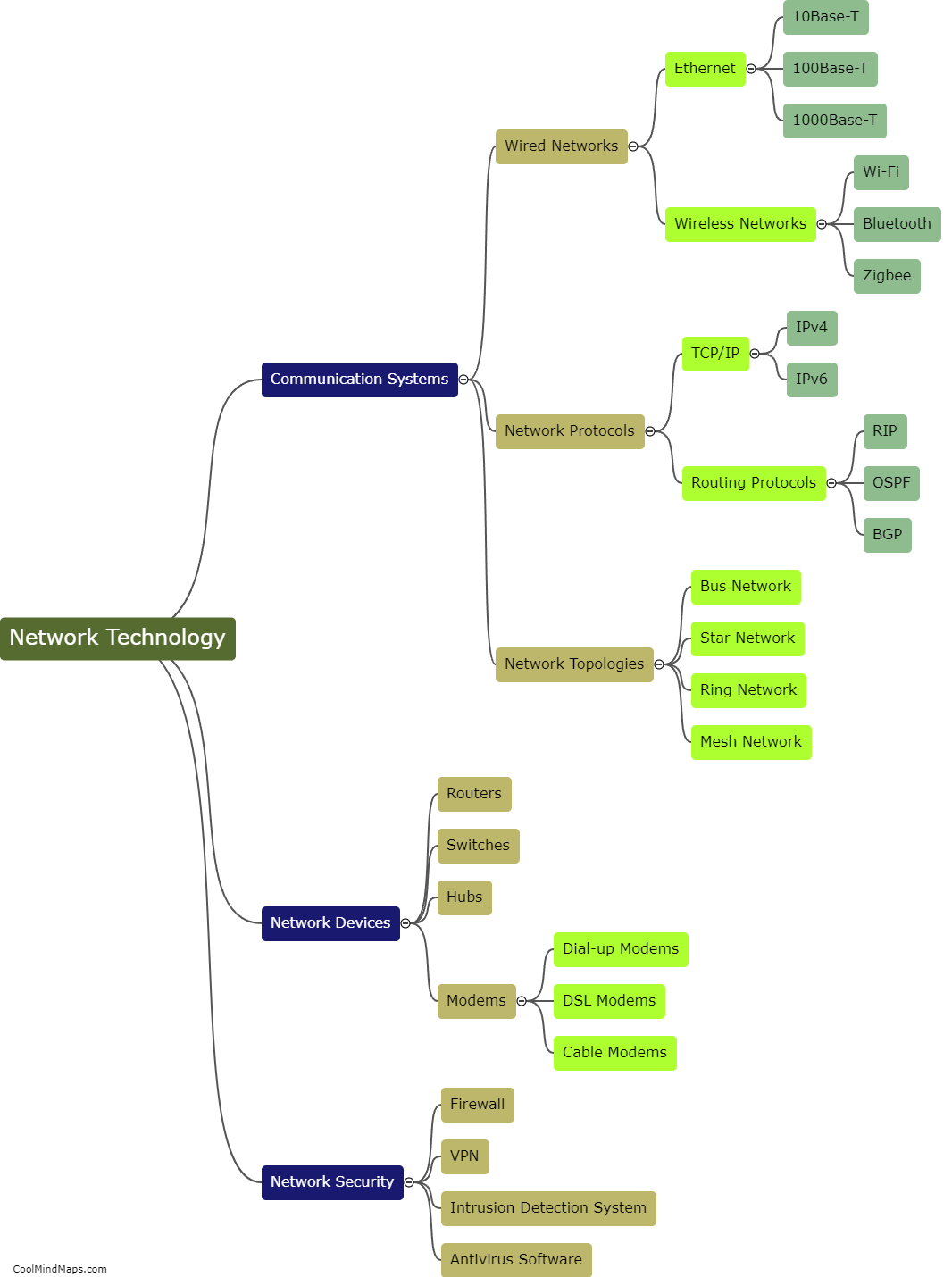What are different optimization algorithms used for hierarchical integrated programming problem?
Hierarchical integrated programming problems involve optimizing a system's overall performance by considering multiple hierarchical levels or sub-systems. To tackle these complex problems, several optimization algorithms have been developed. One commonly used algorithm is the Genetic Algorithm (GA), which mimics natural selection to find the global optimum solution by iteratively evolving a population of potential solutions. Another popular algorithm is the Particle Swarm Optimization (PSO), inspired by the collective behavior of bird flocking, which uses a swarm of particles moving through the solution space to find the optimal solution. Moreover, Ant Colony Optimization (ACO) algorithms, based on the foraging behavior of ants, have also been applied to hierarchical integrated programming problems. These algorithms use pheromone trails to guide the search for better solutions. Each of these optimization algorithms has its strengths and weaknesses, and the choice of the algorithm depends on the specific problem and its characteristics.

This mind map was published on 3 February 2024 and has been viewed 111 times.

